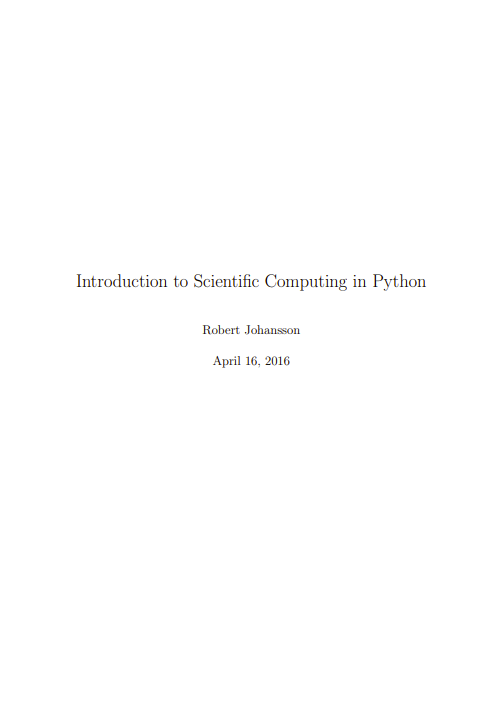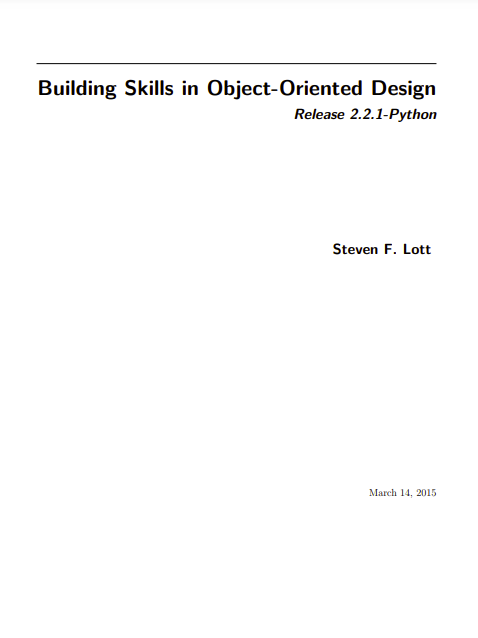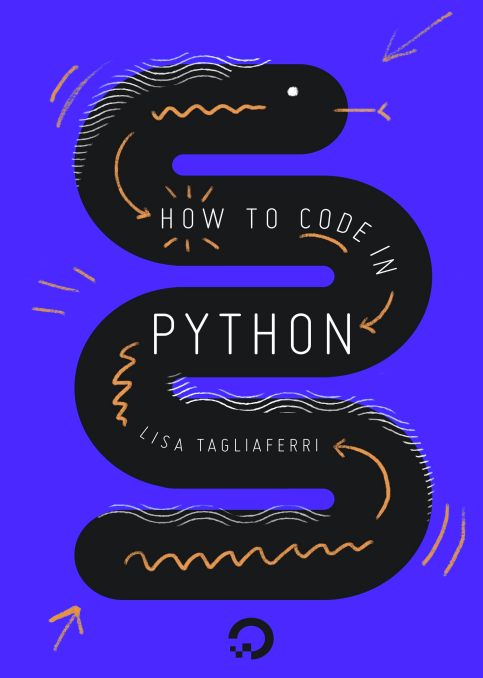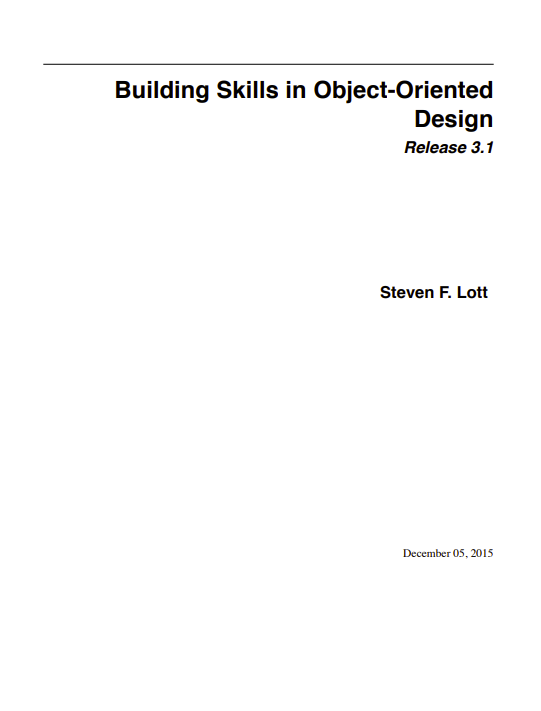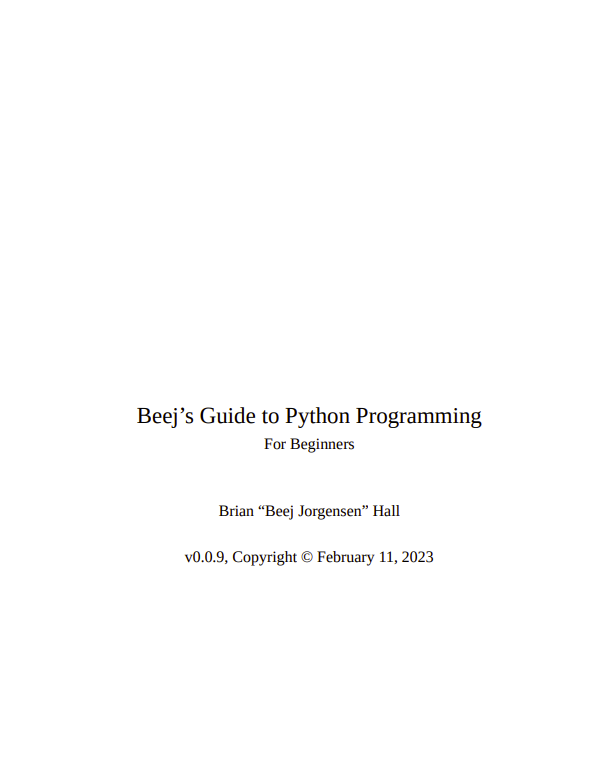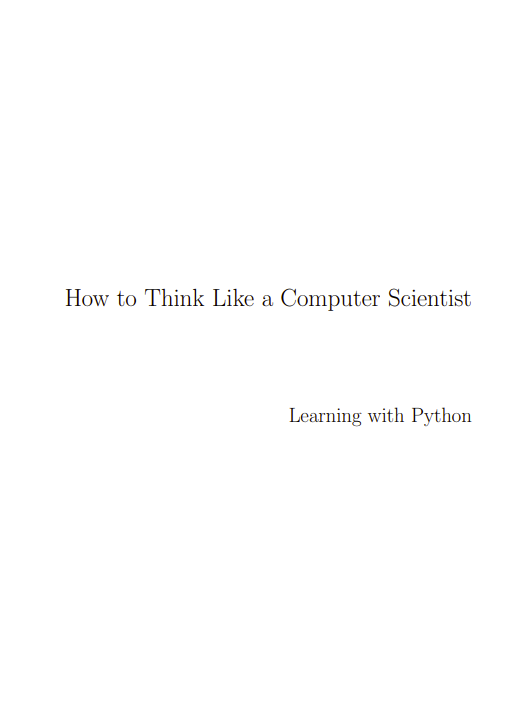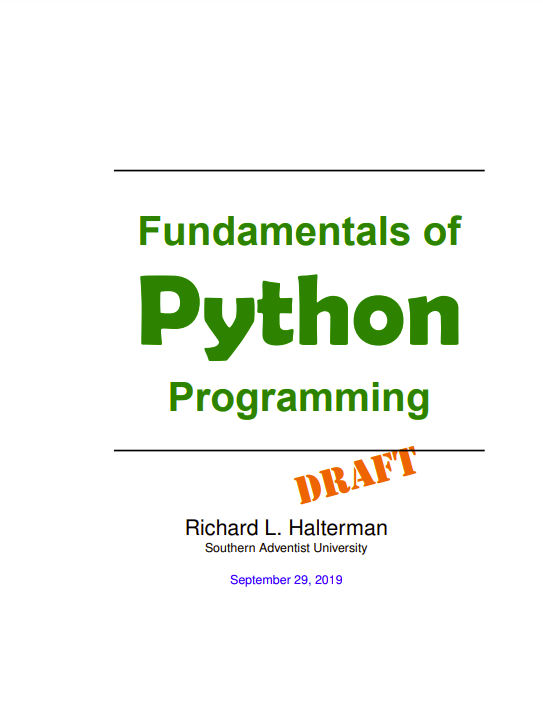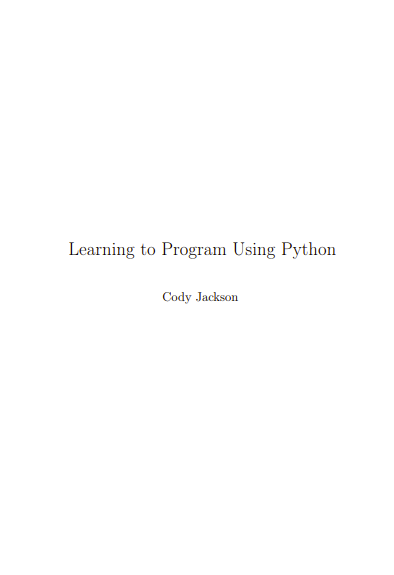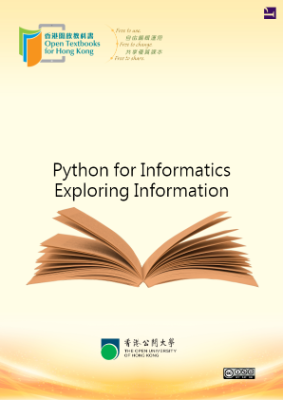Science has traditionally been divided into experimental and theoretical disciplines, but during the last several decades computing has emerged as a very important part of science. Scientific computing is often closely related to theory, but it also has many characteristics in common with experimental work. It is therefore often viewed as a new third branch of science. In most fields of science, computational work is an important complement to both experiments and theory, and nowadays a vast majority of both experimental and theoretical papers involve some numerical calculations, simulations, or computer modeling.
In experimental and theoretical sciences there are well-established codes of conduct for how results and methods are published and made available to other scientists. For example, in theoretical sciences, derivations, proofs, and other results are published in full detail, or made available upon request. Likewise, in experimental sciences, the methods used and the results are published, and all experimental data should be available upon request. It is considered unscientific to withhold crucial details in a theoretical proof or experimental method, that would hinder other scientists from replicating and reproducing the results.
In computational sciences, there are not yet any well-established guidelines for how source code and generated data should be handled. For example, it is relatively rare that source code used in simulations for published papers is provided to readers, in contrast to the open nature of experimental and theoretical work. And it is not uncommon that source code for simulation software is withheld and considered a competitive advantage (or unnecessary to publish).
However, this issue has recently started to attract increasing attention, and a number of editorials in high-profile journals have called for increased openness in computational sciences. Some prestigious journals, including Science, have even started to demand authors to provide the source code for simulation software used in publications to readers upon request.
Discussions are also ongoing on how to facilitate the distribution of scientific software, for example as supplementary materials to scientific papers.
